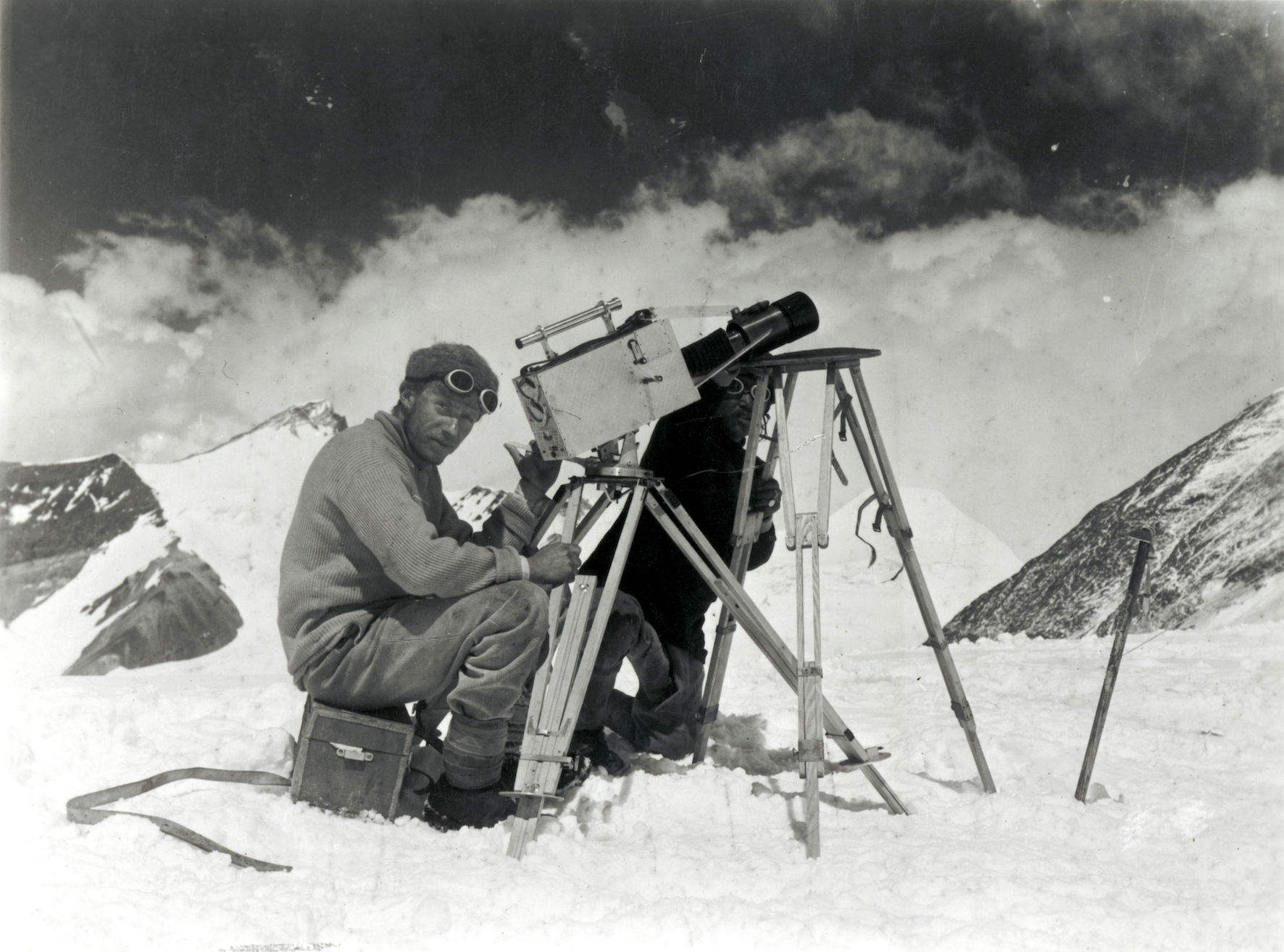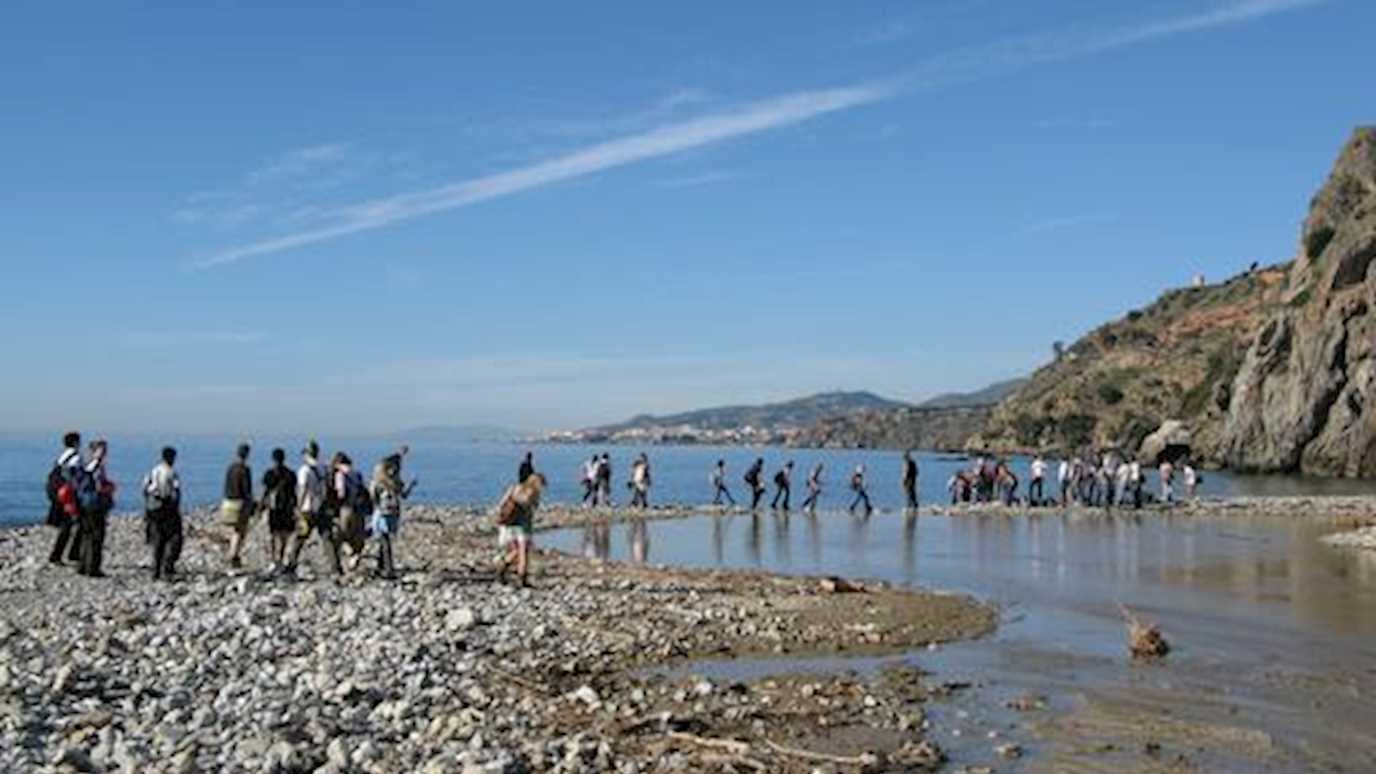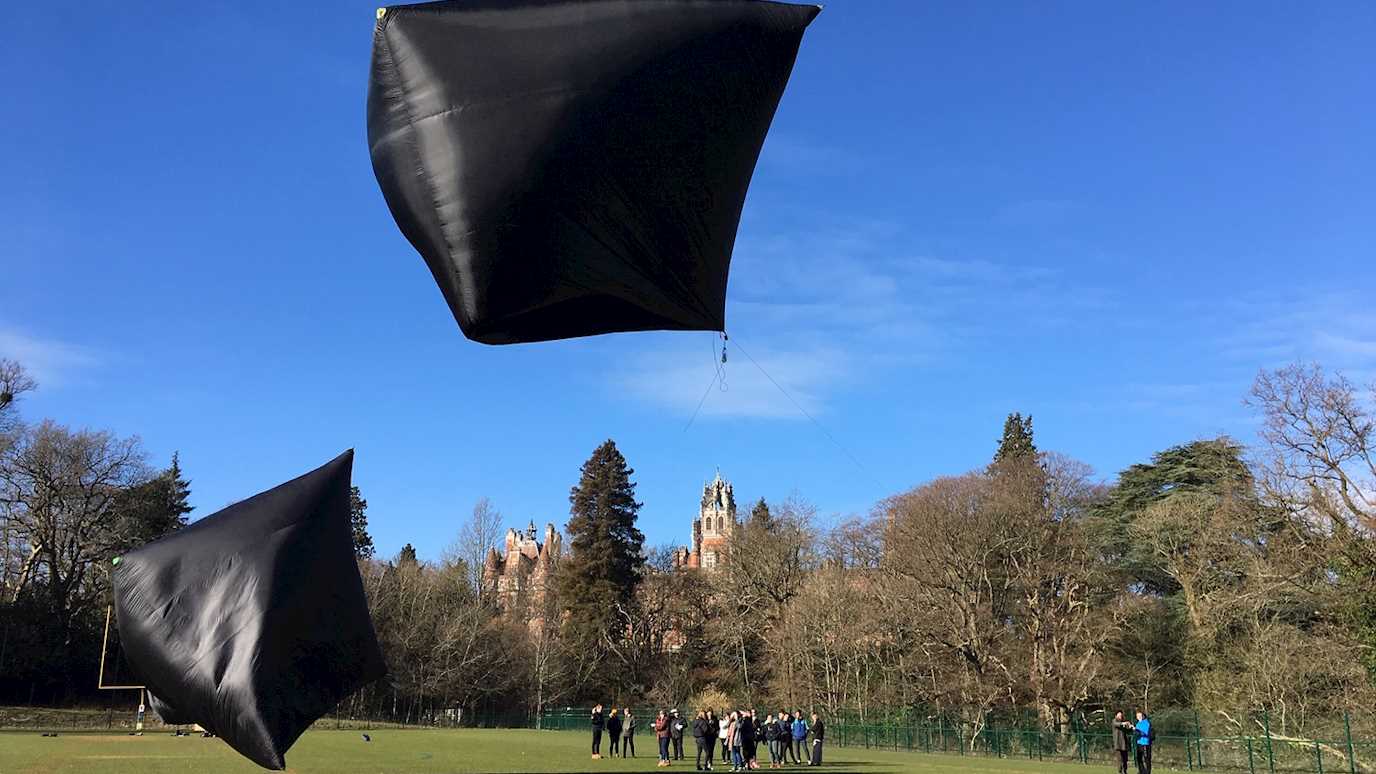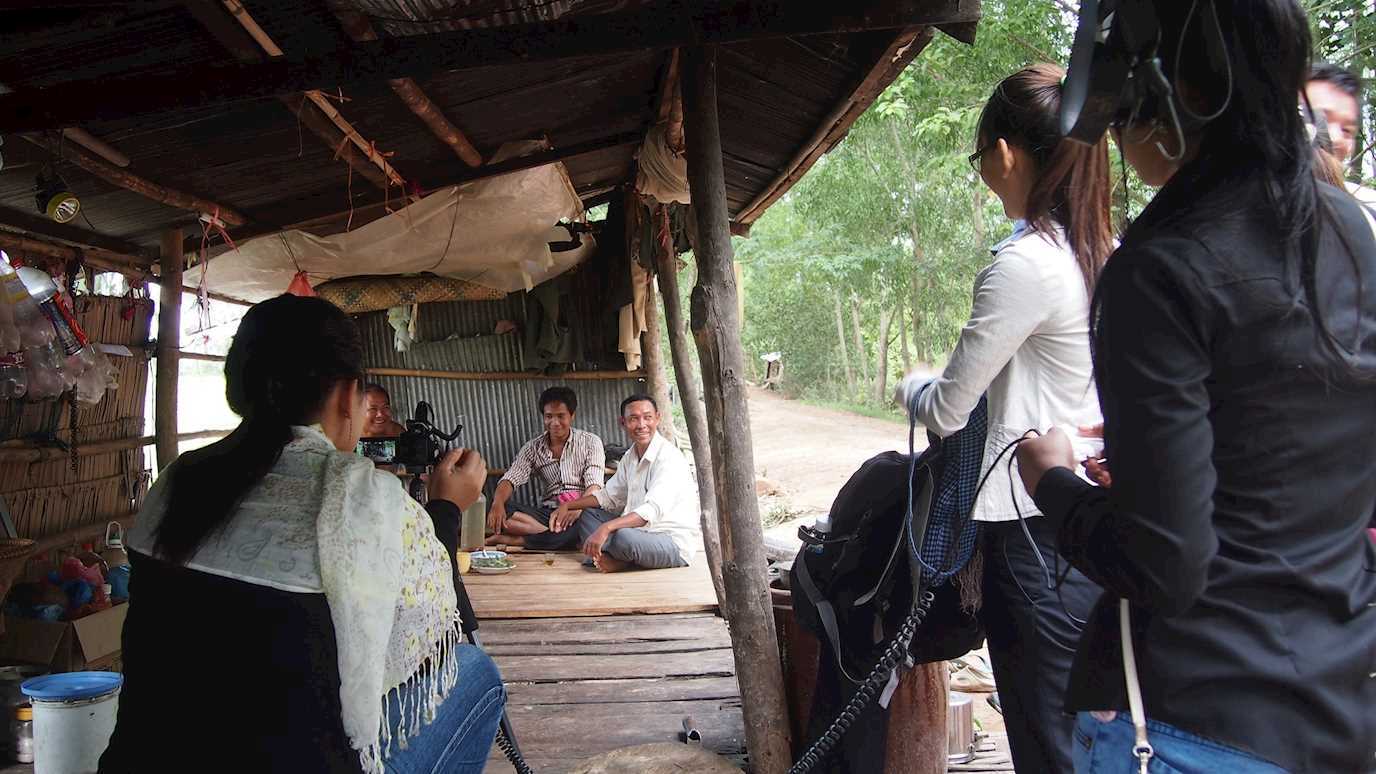On International Mountain Day we mark a legacy of continuing interest across the world, across generations and across new perspectives of Mount Everest in the twenty-first century.
Everest archives: credit RGS (with IBG)
The United Nations backed International Mountain Day on 11 December recognises the importance of mountains to our ecosystems and supporting greater awareness of mountain issues. Today it’s observed in tandem with events commemorating seventy years on from the first ascent of Everest, with a legacy of continuing interest across the world, across generations and across new perspectives of Mount Everest in the twenty-first century.
To mark the occasion, the online launch of a new book, Other Everests: One Mountain, Many Worlds, edited by Paul Gilchrist, Peter Hansen and Jonathan Westway, published by Manchester University Press, takes place in a live webinar (at 5pm GMT 11/12/24), to discuss the past, present and future of the world’s highest peak and the hidden histories of mountaineering.
In the attention it pays to Indigenous worlds on the mountain, 'Other Everests' is a breakthrough, ‘the book we all needed’ according to anthropologist Pasang Yangjee Sherpa. It contains sixteen chapters, including one by Professor Felix Driver from the Department of Geography at Royal Holloway, University of London on, ‘Re-activating the Everest archive’, based on his research in the Royal Geographical Society collections. Professor Driver said,
“This chapter is about the role that expeditionary archives have played, and could play, in histories of Himalayan exploration and mountaineering. Central to its argument is a distinction between the way the story of twentieth-century Everest expeditions has been told by those who organised them and the possibility that resources for quite different stories lie within the very archives that they created.”
The book was a highlight of the recent 2024 Kendal Mountain Festival, which also provided the setting for the world premiere of a newly-commissioned film score by composers Lee Affen and Ferenc Gyemant to accompany John Noel’s classic 1922 silent film, ‘Climbing Mount Everest.’
In his introductory talk at the Kendal Mountain Festival, Felix Driver set the film in its context, explaining how the expedition depended on Indigenous high-altitude labour while obscuring details of the disaster in which seven porters lost their lives. The first film ever made in Tibet was made on the first of a series of Everest expeditions culminating in the 1953 ascent. John Noel filmed as high as 23,000 feet on the mountain, hoping to capture footage of a successful climb. But on 7 June 1922 tragedy struck and an avalanche on the North Col killed seven Sherpa and Bhotia porters, bringing the expedition to an abrupt end.
The event was part of the AHRC-funded 'Other Everests' project led by Jonathan Westway, University of Central Lancashire.
Professor Driver has also contributed a chapter on indigenous intermediaries to another new book, Everest 24: New Views on the 1924 Mount Everest Expedition, published by Riverside Press and Smithsonian Books.
Other Everests: One Mountain, Many Worlds is available with open access at this link






























